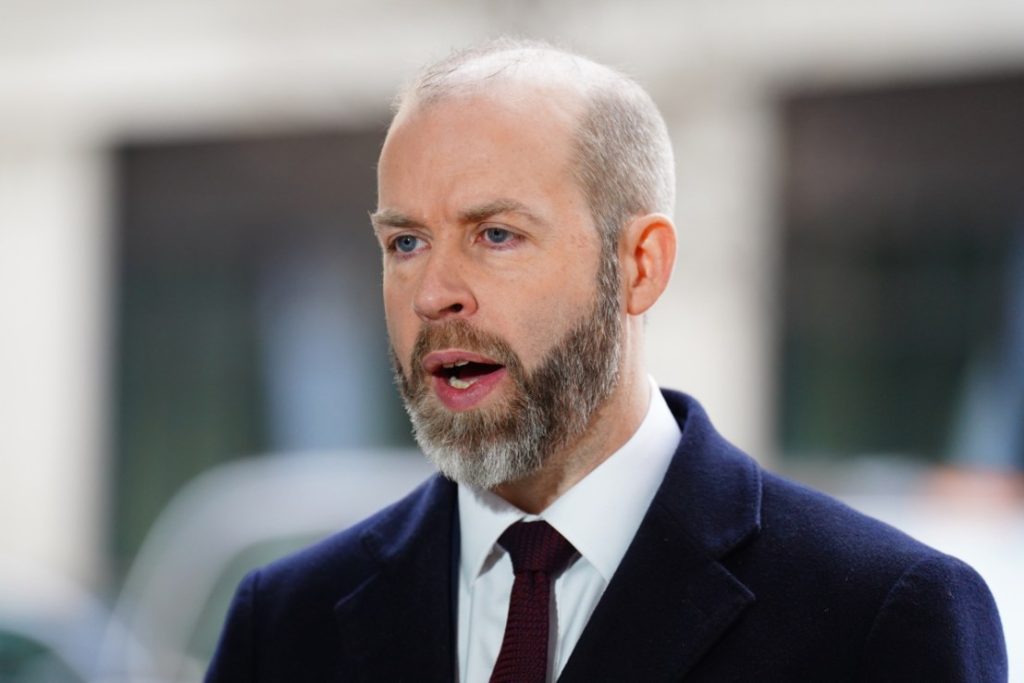The United Kingdom finds itself at a pivotal crossroads regarding its digital services tax on major tech companies amid rising tensions with the United States over potential trade tariffs. Business and Trade Secretary Jonathan Reynolds has been at the forefront of discussions, emphasizing the UK’s commitment to ensuring that tech giants pay their fair share of taxes. However, recent developments suggest that the digital services tax, which currently levies a 2% fee on major firms such as Amazon, may be revisited as a trade negotiation tool.
UK’s Stance on Digital Services Tax
Speaking at a key trade conference hosted by the Chatham House think tank, Reynolds conveyed the balancing act the UK government faces. While affirming the importance of tech companies contributing equitably to the UK’s economy, he acknowledged that the digital services tax, first introduced in 2020 as a provisional measure, is not set in stone. The UK’s strategy underscores the aspiration for a consensual international approach to digital taxation, a vision that might require re-evaluation in light of forthcoming US tariffs.
Reynolds was candid about ongoing dialogues with American counterparts, noting that while the US has expressed concerns about the tax’s current structure, it does not dominate tariff discussions. This indicates potential diplomatic flexibility, aligning with the broader goal of avoiding fiscal confrontation.
Political Reactions and Economic Implications
The prospect of altering the digital services tax has sparked a robust political response. Liberal Democrats, through Deputy Leader Daisy Cooper, have been vocal in opposing any reductions or abolishment of the tax. Cooper warned that succumbing to US pressures would result in a £5 billion financial detriment over five years and criticized any such move as yielding to influence from figures like Elon Musk and Donald Trump.
She urged the government to steadfastly reject any tax cuts, emphasizing the necessity for the Chancellor to definitively rule out any fiscal concessions concerning the digital services tax. These tensions come at a time when President Trump announced impending 25% tariffs on automobile imports, reflecting a broader spectrum of potential tariffs that could affect the UK’s economic forecast significantly, as highlighted by the Office for Budget Responsibility (OBR).
Transatlantic Trade Challenges
Trade experts, including Duncan Edwards of the BritishAmerican Business organisation, stressed the imperative need for securing tariff exemptions, pointing to the balanced trade relationship between the US and UK as a strong case for leniency. He urged the UK government to engage constructively with US concerns to negotiate favorable terms that would safeguard both economies.
Echoing this sentiment, Chris Southworth from the International Chamber of Commerce UK highlighted the volatility that such trade strains introduce to businesses and the broader economy. The juxtaposition between local fiscal policies and international trade dynamics exemplifies the delicate interplay of maintaining domestic economic stability amidst global pressures.
As these dialogues progress, the UK government is tasked with navigating complex international negotiations, balancing the need for equitable taxation of digital services with the pursuit of favorable trade relationships. The stakes involve not only immediate economic impacts but also setting a precedent for future diplomatic interactions in an increasingly digital and interconnected global marketplace.
